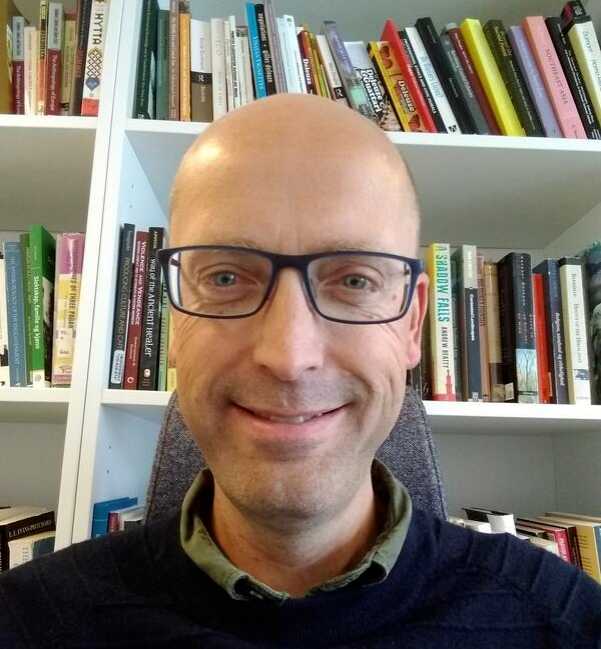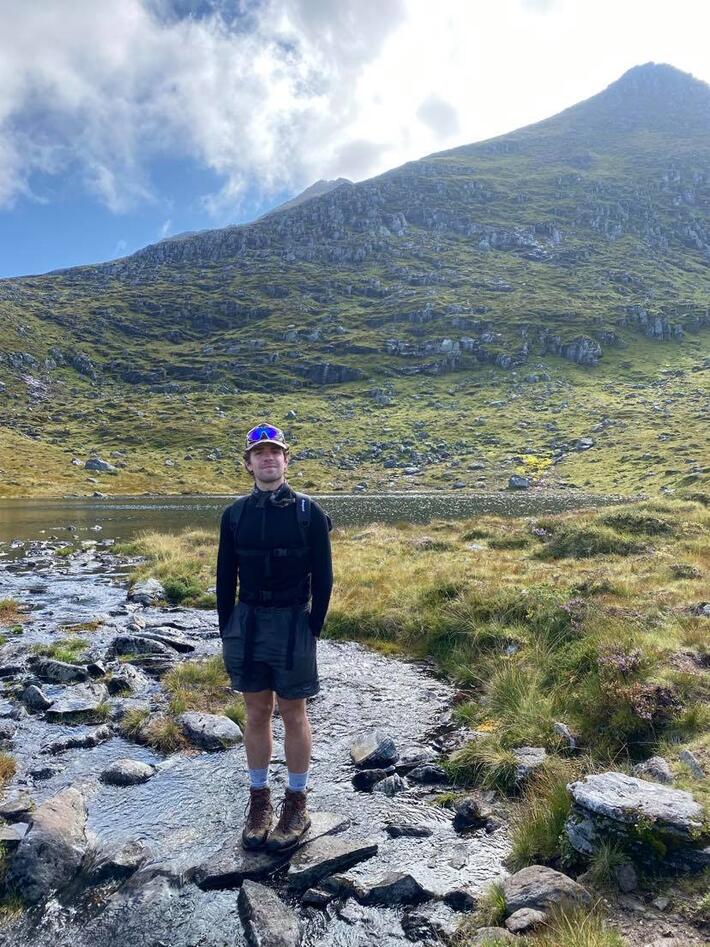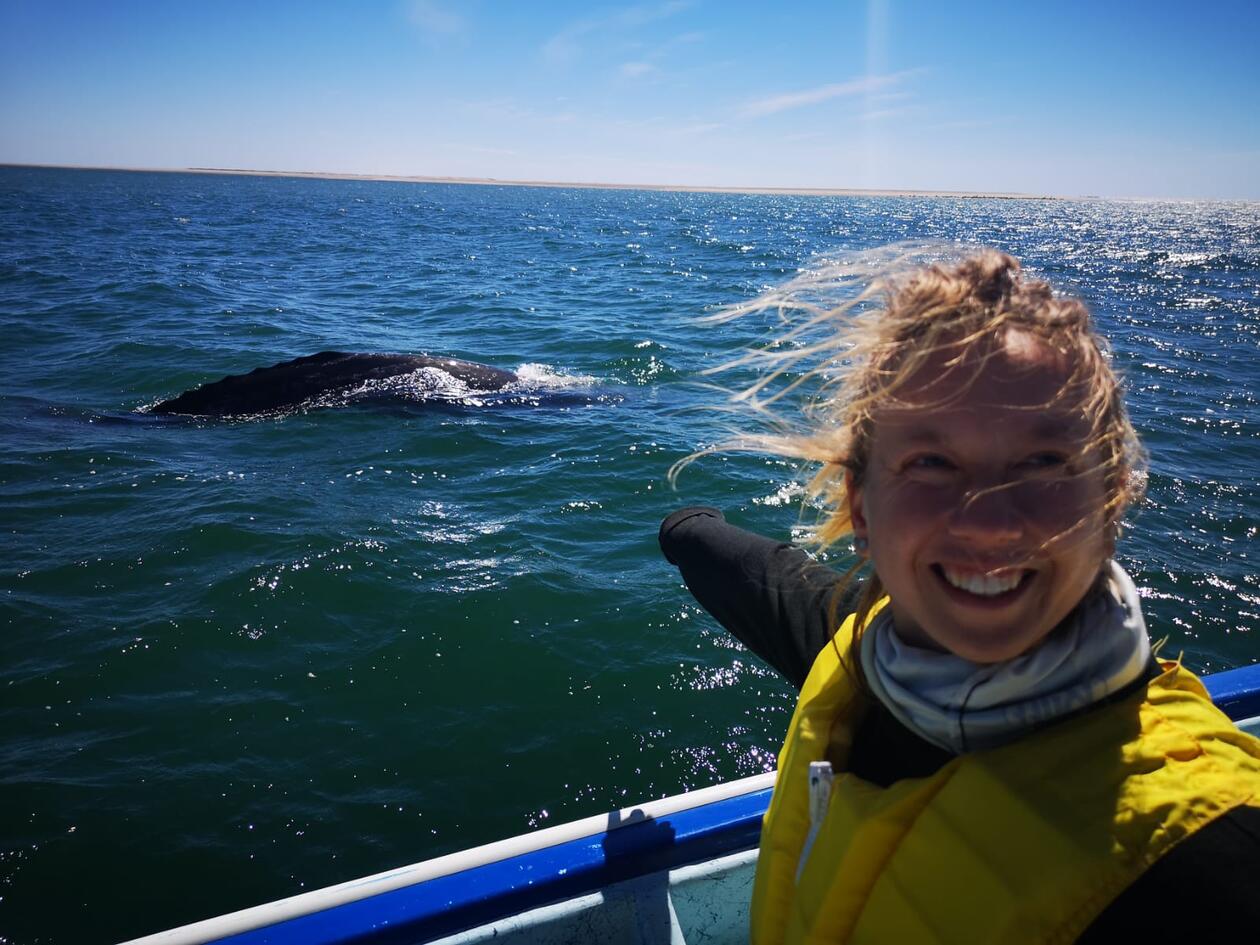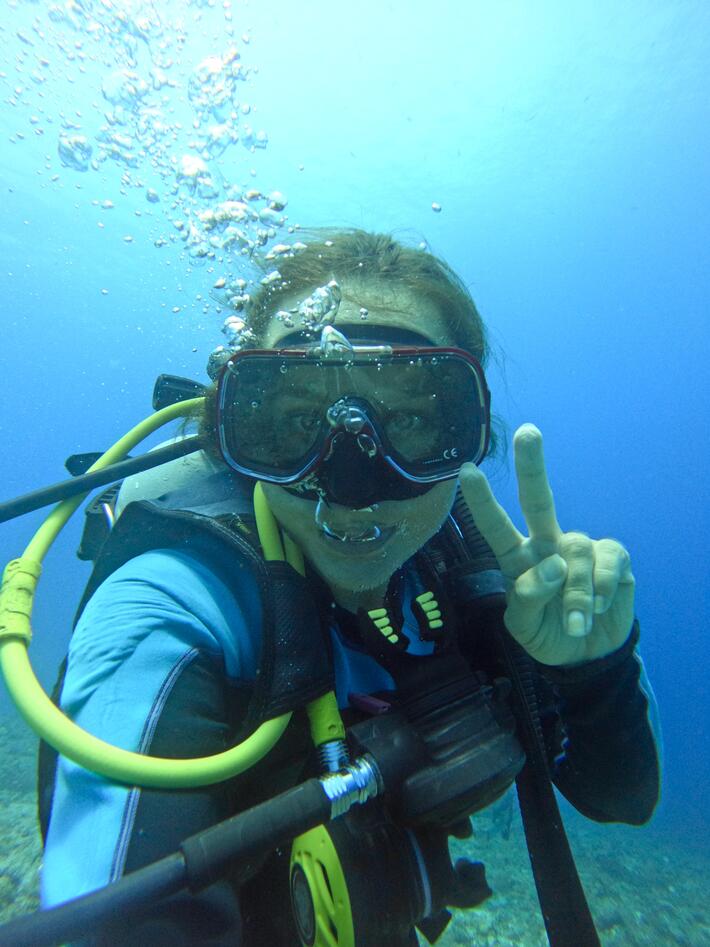The project team
Main content
Project members
Associate Professor Jon Henrik Ziegler Remme is coordinator and project leader of the SEATIMES project. Remme's research background is from long-term studies of human-nonhuman relations in Ifugao, the Philippines. Having studied animistic and Pentecostal ritual practices, with a particular attention to the human-spirit-pig nexuses, Remme is now extending his research interests into the deep blue by looking at how the warming waters in the Gulf of Maine (US) engender transformations in the relations between humans and marine life, including lobsters, whales and other marine creatures. Inspired by posthumanist and multispecies anthropology, Remme wants to contribute to an evolving marine anthropology that attends to the ways in which humans are entangled with marine liveliness.
PhD research fellow Louis Pille-Schneider is interested in multispecies and multimodal anthropology, political ecology, and environmental history in the oceanic realm. As part of the SEATIMES project, his research focuses on sardinella-human relations in the Senegalese postcolonial seascape and beyond. Louis’ research is particularly concerned with the multiple temporalities of these relations and their bio- and necropolitical dimensions in the context of long-lived, unchecked fisheries extractivism off Senegal. Louis has a background in film and photography and in human geography. He has studied at Paris-Sorbonne University (France), Stockholm University (Sweden), Copenhagen University (Denmark), and at the Norwegian University of Life Sciences. He has previously worked with the environmental communications center GRID-Arendal and with the Norwegian Institute for Water Research (NIVA).
PhD research fellow Sadie Hale is interested in how culture mediates encounters with whales, and expectations of them, in different social contexts. As part of the SEATIMES project, her research focuses on human-whale relations and Anthropocene temporalities in the Azores, Portugal and the Norwegian Arctic archipelago of Vesterålen, both of which are whale-watching hotspots. Formerly, she studied human relations with the basking shark and the Greenland shark through an environmental humanities lens. Sadie has an interdisciplinary background and previously studied at Vrije Universiteit Amsterdam, the London School of Economics, King's College London, and the University of California, Santa Barbara. Sadie was joint winner of the Association for the Study of Literature, Environment and Culture, Australia - New Zealand (ASLEC-ANZ) Deborah Bird Rose Prize 2022 and joint winner of the Best Performance prize at the Department of Gender Studies, London School of Economics 2016. Sadie's published work can be found in Edge Effects digital magazine (2020) and The European Journal of Women's Studies (2018).
Associated project members
MA-student Anna Emilie Kjelby is interested in the social impacts of marine conservation and how it affects community dynamics and interests. She is especially curious about multispecies and environmental anthropology. In her MA-thesis, she is focusing on how marine protected areas are shaping people's livelihoods in Malapascua, the Philippines. The island is known worldwide for being a popular and growing dive spot, where you can get close to Tresher sharks. Anna has a bachelor in Social Anthropology from the University of Bergen, and is currently doing her masters in Social Anthropology at the University of Bergen.



